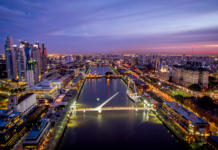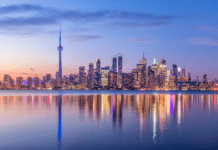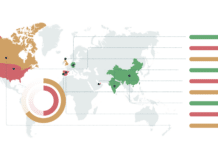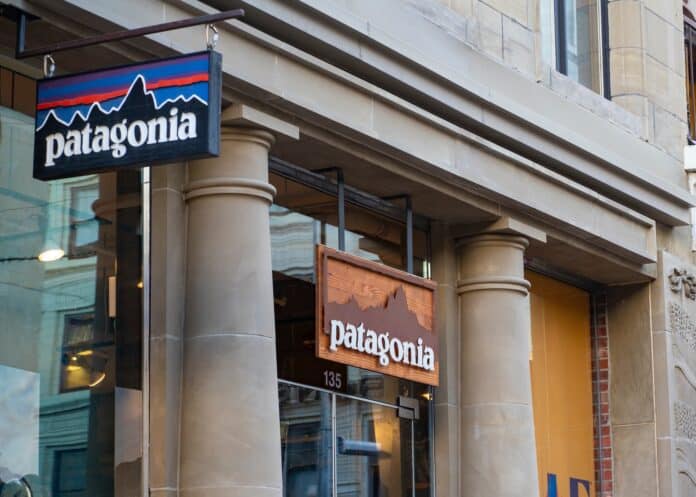
Even the most successful multigenerational family firms are often sold by their founding families. The reasons families make the difficult decision to sell their businesses are as varied as the enterprises themselves, ranging from generational changes and financial pressures to increased competition and shifting consumer preferences. Sometimes, conflicts that are characteristic of many close families overshadow and undermine the operation, raising doubts about a prosperous future and a worthy legacy.
It might seem out of place, but a family firm’s sale and continued survival can be a favourable outcome for families ready to exit the business. Financial freedom and the opportunity for family members to apply their talents in other areas or pursue new goals offer a welcome and potentially fruitful next stage of life framed by fresh perspectives.
Here are 8 family businesses who were bought out:
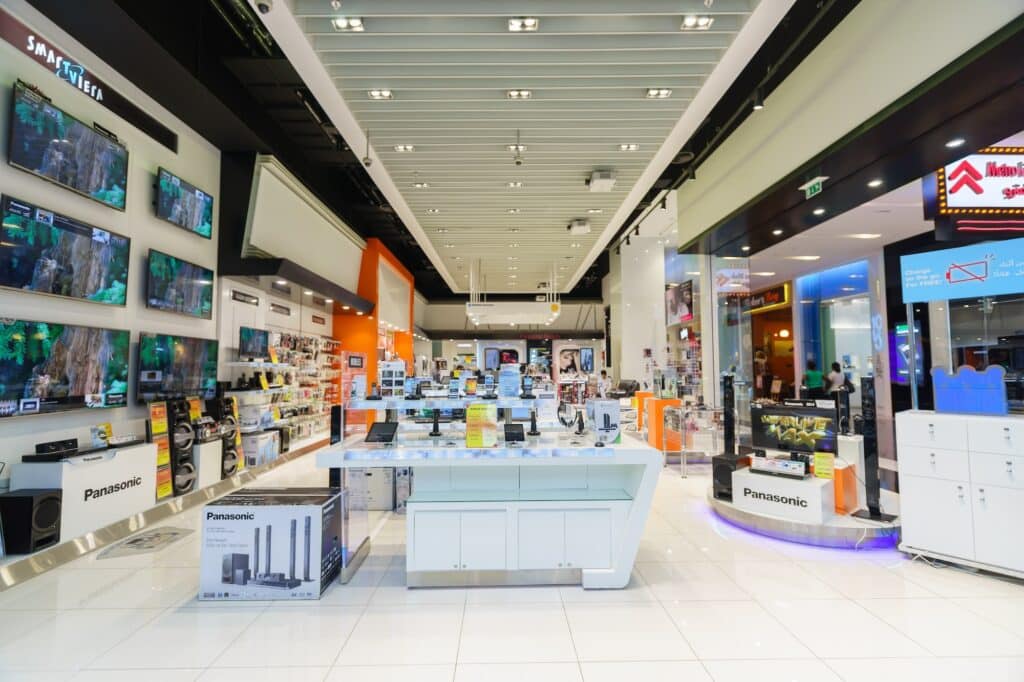
DID Electrical
Family: Houlihan
Region: Ireland
Gerry Houlihan founded his electrical and electronics retail business in 1968 with a single store in Dublin. After just 20 months, the store’s strong performance garnered an offer from a buyer, which Gerry accepted. However, a year later, he repurchased the business, and he and his family remained its stewards for more than half a century.
DID Electrical (Deliver, Install, and Demonstrate) would grow to 23 locations across Ireland, becoming a household brand name and generating $118 million in revenue annually. In 2023, Gerry Houlihan and his family sold their company to leading Apple premium reseller Select Technology Group, which operates a chain of stores across the country. In the year before DID Electrical’s sale, the company had struggled with the impact of the COVID-19 pandemic, recording a pre-tax loss of over $800,000.
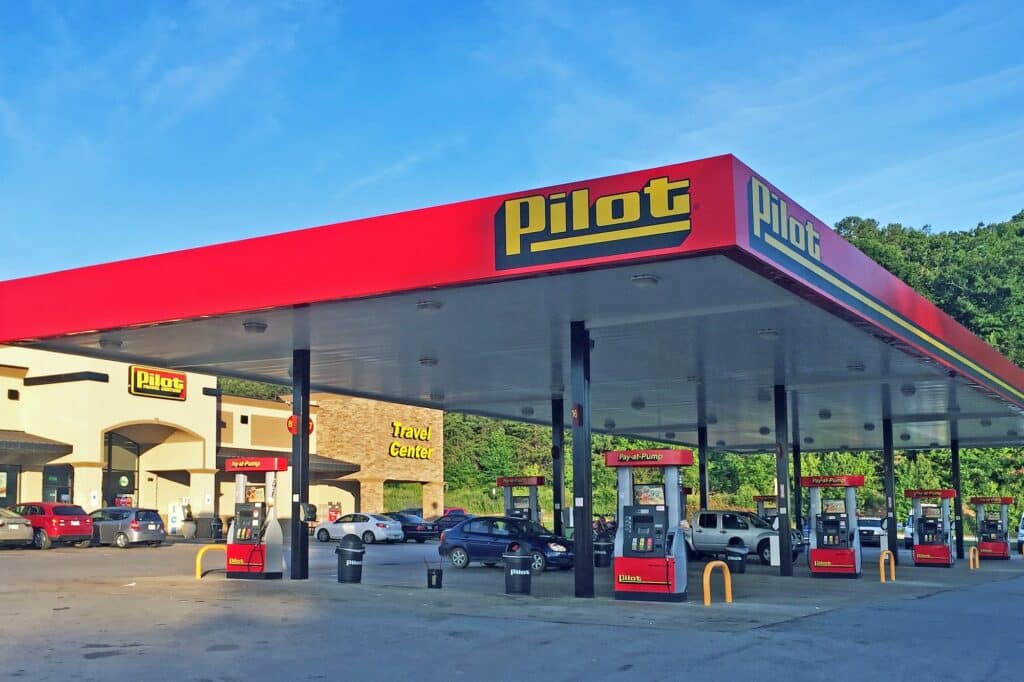
Pilot
Family: Haslam
Region: USA
After 65 years, the Haslam family sold the remaining stake of their popular Knoxville-based fuel and travel business to Berkshire Hathaway in 2024. Founded by James A. Haslam II in 1958, the company grew from one gas station in Gate City, Virginia, to become the fifth largest private company in the United States, with around 30,000 employees and 870 Pilot, Pilot Flying J, and One9 travel centres. Today, Pilot is the largest operator of travel centres in North America. The final cost of the sale that began in 2017 is estimated at around $13 billion.
Both the Haslam family and Berkshire’s Warren Buffet have signalled their commitment to supporting the brand and its home city of Knoxville, Tennessee, where Pilot remains one of the state’s largest employers. Following the sale of their business, Jimmy Haslam and his wife Dee purchased a stake in the Milwaukee Bucks NBA team, adding to the family’s stable of sports franchises, which include the NFL’s Cleveland Browns and the Columbus Crew Major League Soccer Club.
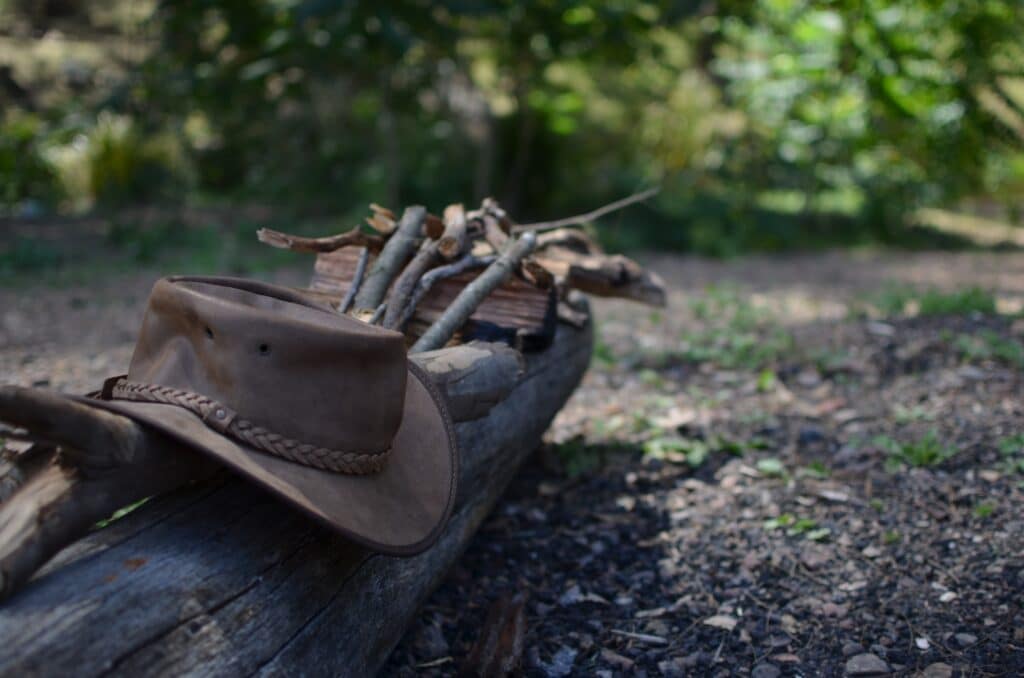
Akubra
Family: Keir
Region: Australia
For around 150 years, the iconic Akubra brand hat was donned by everyone from soldiers and prime ministers to celebrities like Oprah Winfrey. Hatmaker Benjamin Dunkerley, who developed an innovative mechanical technique for removing rabbit fur to produce felt hats, founded Akurbra in 1876. Stephen Keir joined the business in 1901, marrying Ada Dunkerley in 1905 and carrying on the firm’s “slouch hat” manufacturing tradition.
In November 2023, Australian mining magnates Andrew and Nicola Forrest acquired Akubra, adding to their fashion boot label, RM Williams. The Forrests have pledged to maintain the brand’s quality and made-in-Australia tradition. The Keir family has indicated that challenges connected with the COVID-19 pandemic were the main drivers behind the decision to sell the business. Still, the Forrest’s commitment to Akubra, its workforce, and its home manufacturing community of Kempsey helped make the difficult decision easier.
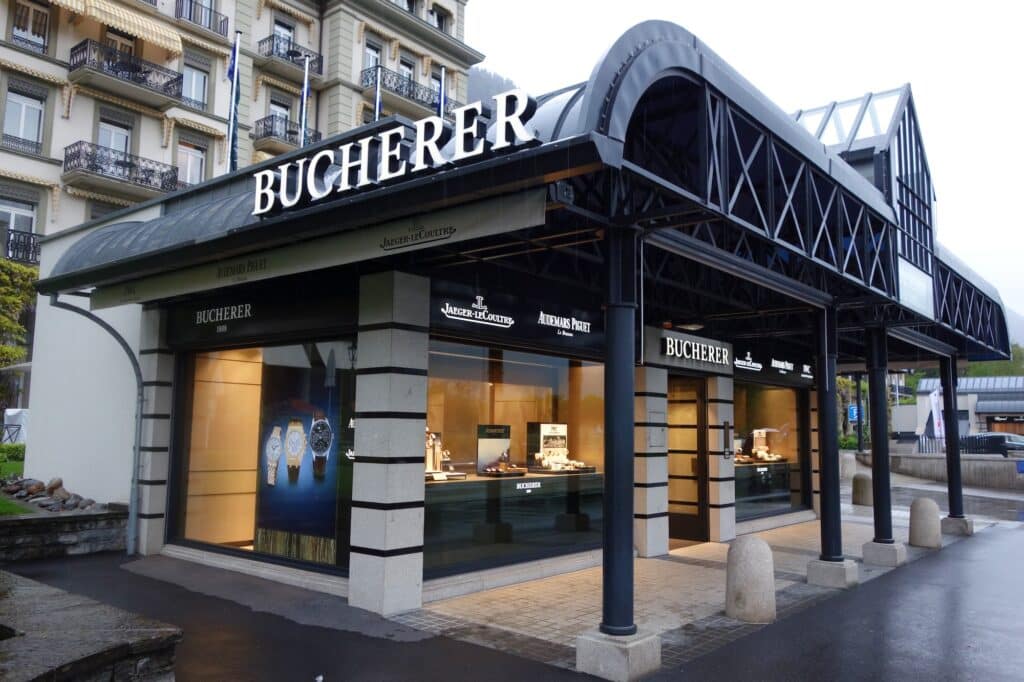
Bucherer AG
Family: Bucherer
Region: Switzerland
Three generations of Bucherers built the luxury watch and jewellery retailer into a chain of over 100 stores with an estimated $2.3 billion in annual sales. Entrepreneur Carl-Friedrich Bucherer and his wife, Luise, founded the jewellery chain in 1888 with a single location in Lucerne. The Bucherer’s sons, Ernst and Carl, would help grow the business through its partnership with Rolex in 1924.
The company’s 88-year-old, third-generation owner, Jörg G. Bucherer, led the exclusive retailer’s international expansion during the 1980s and 90s before choosing to sell the business to Rolex in 2023. With its acquisition of Bucherer, Rolex established a direct-to-consumer sales channel, representing a major strategic shift in its traditional reliance on external distributors.
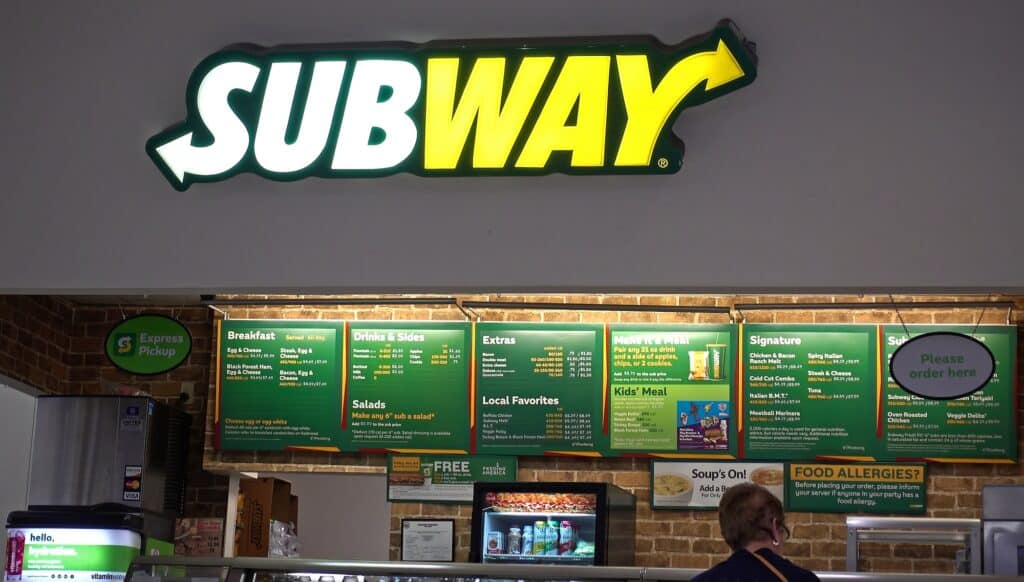
Subway
Family: DeLuca / Buck
Region: USA
In one of the most significant fast-food acquisitions in history, sandwich giant Subway was sold to private equity firm Roark Capital in 2023 for nearly $9 billion. Fred DeLuca and Peter Buck opened the first Subway shop on August 28, 1965, in Bridgeport, Connecticut, running the business with the help of DeLuca’s mother and sister. Fred DeLuca grew Subway into one of the world’s largest quick-service restaurant brands, serving millions of diners in nearly 37,000 franchise locations across more than 100 countries.
With the death of Fred DeLuca in 2015 and his company cofounder Peter Buck in 2021, the rapid expansion of Subway became known for slowing down. A rebound in sales for the brand in 2022 helped the company explore options to attract potential buyers. Well-known for their philanthropy, both DeLuca and Buck families have donated significant amounts of their fortune to charity. In his will, Peter Buck bequeathed his share of the company to his family foundation, potentially ranking as one of the largest single charitable foundation gifts in history.
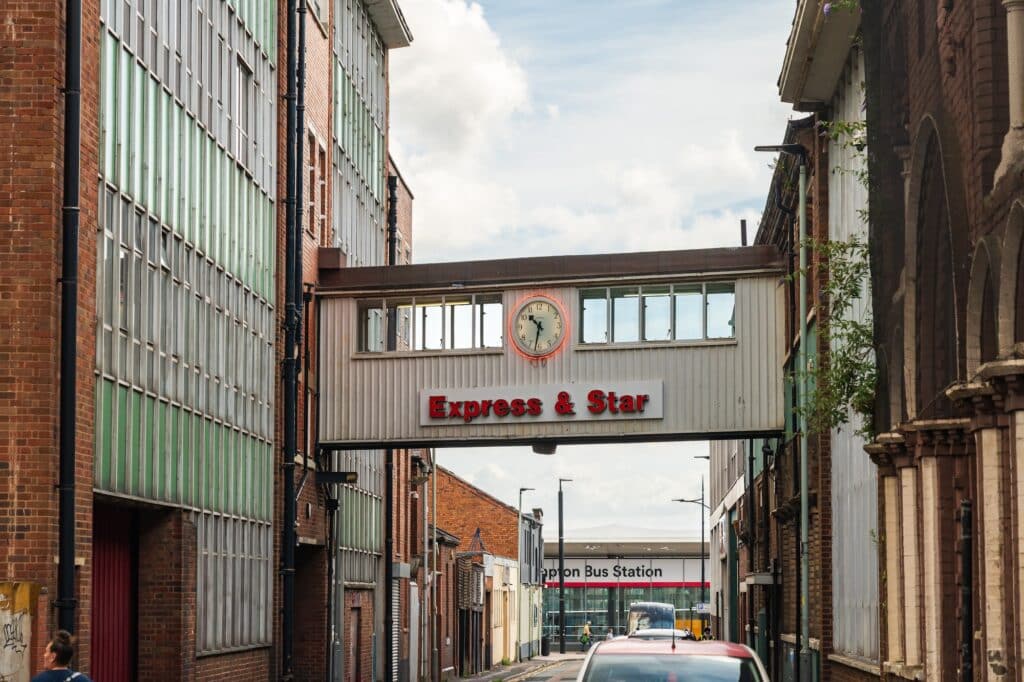
Express & Star/Shropshire Star
Family: Graham
Region: United Kingdom
Businessman Thomas Graham and industrialist Andrew Carnegie established the Express & Star in 1889 after purchasing the Wolverhampton Evening Star newspaper and its rival, the Evening Express. The Graham family launched the Telford-based Shropshire Star in 1964, eventually growing the paper into the UK’s 12th most-read with a circulation of 23,000 when combined with its Express & Star sister paper.
In 2023, the Grahams sold their Express & Star, Shropshire Star, and Press Computer Systems businesses to publisher National World, ending the family’s long generational history of regional publishing. The sale came two years after the 2021 death of colour newsprint pioneer Alan Graham, the great-grandson of Express & Star co-founder Thomas Graham. The Graham family continues to operate several marketing-focused and publishing-adjacent businesses through its Claverly Group.

Conviron
Family: Kroft
Region: Canada
Winnipeg-based Controlled Environments Limited (Conviron) is the world’s only technology manufacturer specifically focused on the process of plant growth in controlled environments. Founded in 1964 by Steve Kroft, Conviron’s solutions are used in applications such as plant research, plant-derived pharmaceutical products, and cannabis production. The company’s clients range from leading universities to biopharmaceutical companies and government agencies across North America, the United Kingdom, Europe, and Asia Pacific.
Steve Kroft and his son, Richard Kroft, sold Conviron in 2022 after 58 years of operation, citing a confluence of market demand pressures they felt would be better addressed by a non-family-owned firm that could fully realise the global potential of the growing business. Chicago-based conglomerate Madison Industries purchased Conviron, signalling its commitment to continue the company’s role in feeding the world, improving human health, and protecting the environment.
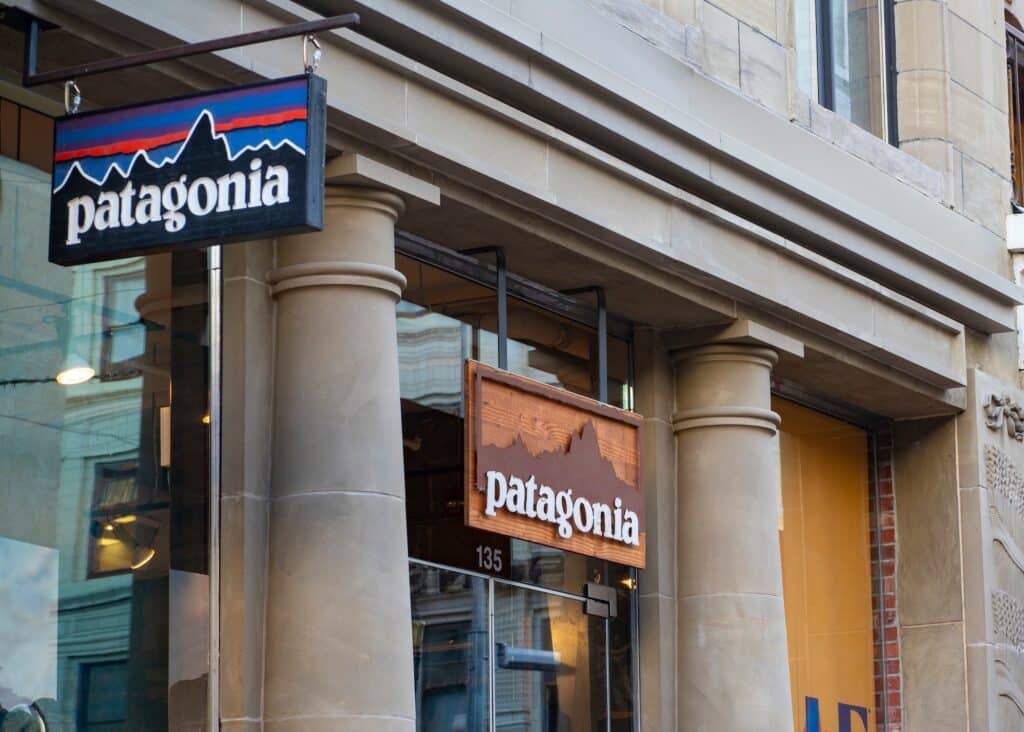
Patagonia
Family: Chouinard
Region: USA
In an extraordinary twist to the conventional family business exit strategy, reluctant billionaire Yvon Chouinard gave away the outdoor apparel business he founded and ran for half a century to help combat climate change. In 2022, Chouinard and his family transferred ownership of Patagonia, valued at around $3 billion, to a special trust and independent organisation established to ensure the company’s annual profit of about $100 million was used to protect undeveloped land and the climate.
An avid rock climber, Yvon Chouinard taught himself blacksmithing so he could forge his climbing tools. After growing the innovative climbing tools equipment company he co-founded in 1965 into the largest of its kind in the United States, Chouinard turned his attention to the environmental damage his climbing implements were causing. He established Patagonia in 1973, designing the outdoor clothing and gear company to reflect his and his family’s planet-friendly philosophy.






